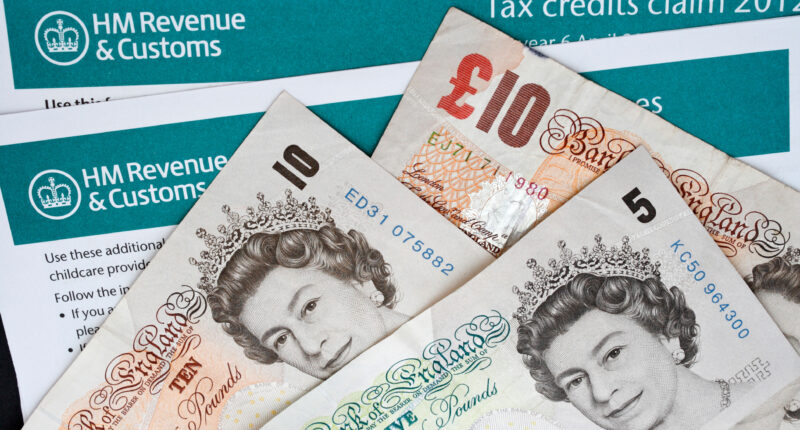MILLIONS of households could be facing tax hikes of up to £1,905 by 2028.
It’s the long-term impact of fiscal drag, which has been calculated by investment platform interactive investor.
Fiscal drag happens when the income level at which taxes can be collected doesn’t increase at the same rate as inflation or income growth.
As a result, a bigger chunk of a person’s income can be subjected to tax.
And it also means more people will fall into higher tax brackets, ultimately making them pay more in tax.
At the moment, the higher rate of tax is applied to anyone with an income between £50,271 to £125,140 at a rate of 40%.


Anyone earning £50,000 a year could see their tax bill rise by 35% by 2028 – and extra £1,905 a year.
That’s despite their salary rising by only 21%.
An increase in wages means they are dragged into the higher rate tax band.
Meanwhile someone earning £15,000 with a similar pay rise will pay 106% more tax – or £861 a year more.
Most read in Money
That’s because the amount you can earn tax free is frozen at £12,570.
Alice Guy, head of pensions and savings, interactive investor, says: “By 2028 we could all be paying champagne taxes on a lemonade budget as frozen tax thresholds mean our income is eroded by an ever-increasing tax burden.
“In times of high inflation, fiscal drag is the ultimate stealth tax, allowing the taxman to take an ever-bigger slice of the pie as our wages rise with inflation.
“It often flies under the radar as our taxes are calculated by our employer. Few of us remember to check our tax thresholds, and we would be much more likely to notice a rise in income tax rates than a freezing of tax thresholds.”
How to beat tax hikes
To avoid paying too much tax, it might be useful to try a salary sacrifice scheme.
This is where the government will let you give up a portion of your salary and spend it on certain things free of tax – in some cases, national insurance.
It could include pensions, childcare vouchers and bike-to-work schemes.
You don’t pay tax on the portion of your wages that goes towards paying for these schemes, lowering the amount of income tax you pay overall.
Contributing to your pension could be another way of bringing you back below the higher rate tax threshold.
Also, it’s important not to let stealth tax get in the way of crucial government payments.
For example, millions entitled to child benefit are missing out on more than a £1,000 a year because of a stealth tax.
It’s thought many have stopped claiming over fears they will be hit with the High Income Child Benefit Charge.
This tax means parents have to repay some or all of the benefit if they or their partner earn more than £50,000 a year.
However, you can still claim and opt out of receiving payments to build up National Insurance contributions which are used to calculate your State Pension entitlement in retirement.
You need 35 years of NI contributions for a full state pension.


Those who take time away from work to look after children could have years where they don’t pay enough National Insurance to count towards the state pension.
This is why it’s important to claim child benefit even if you opt out of payments.









